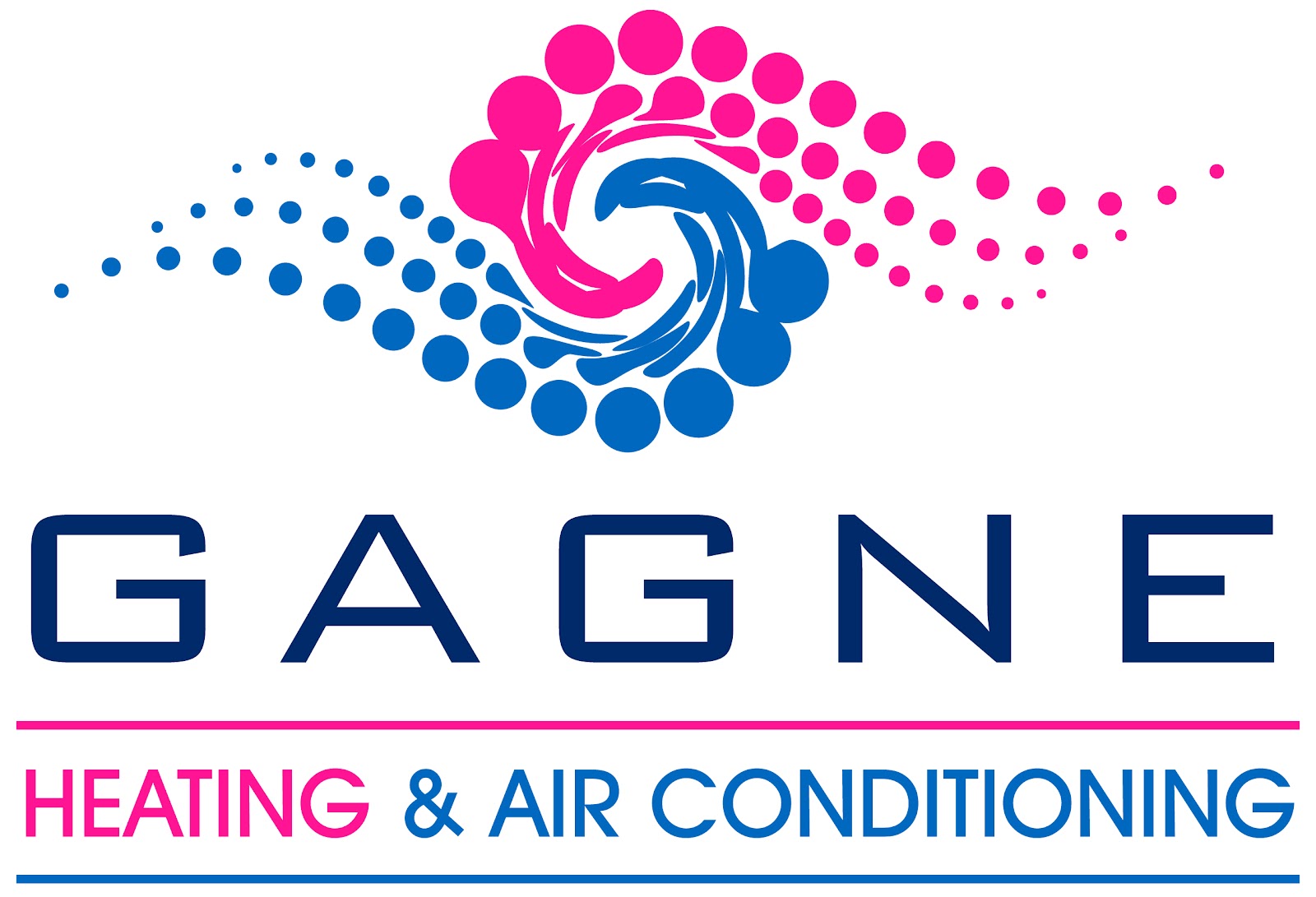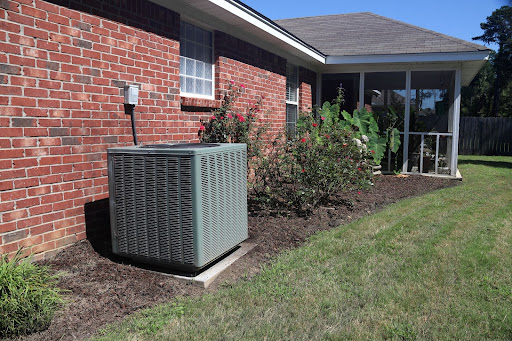If you’ve ever had to shop for an air conditioner, you’ve likely seen those yellow EnergyGuide tags on models showing different numbers. These tags display the SEER rating of the air conditioner. But have you ever wondered what those random numbers mean and how they should impact your choice to purchase an air conditioner? What is a SEER rating, and why is it important to understand before making your purchase? The answer can directly impact how much you will pay for that air conditioner and how much it will cost you to run it.
What Is a SEER Rating?
SEER stands for Seasonal Energy Efficiency Ratio and is a rating established by the United States Department of Energy to measure the maximum energy efficiency of air conditioners and heat pumps. It’s similar to the miles per gallon rating of an automobile.
Knowing what numbers are used to calculate them better helps answer the question of what a SEER rating is. A SEER rating is calculated by dividing the cooling output in BTUs by the maximum Watt-hours (power draw) of the AC unit. For example, to compute the SEER rating of a 20,000 BTU air conditioner with a maximum power draw of 2,000 Watt-hours, you would do the following calculation:
20,000 BTUs / 2,000 Watt-hours = 10 SEER Rating
The Department of Energy sets minimum SEER ratings for air conditioners sold in the United States. The minimum depends on the size and type of air conditioner as well as the regional location. For example, the minimum rating for all air conditioners in the Northeast is 14 SEER. However, in the Southeast and Southwest, an air conditioner with 45,000 BTUs or more must rate at least 14.5 SEER, while an air conditioner with less than 45,000 BTUs must rate at least 15 SEER.
These new increased minimums were enacted in January 2023, so any system with a rating of 14 or less cannot legally be sold in the United States. However, many air conditioners that were installed when the minimum was 13 SEER are still in use. Most modern air conditioners have a SEER rating between 13 and 21. Still, some older units may have a SEER rating as low as 6, so replacing them will significantly increase energy efficiency.
Why Is It Important?
Units with higher SEER ratings can cut thousands of dollars off your energy bill over the unit’s lifetime, so knowing what a good SEER rating is before purchasing an air conditioner for your HVAC system is one of the most important factors to consider.
What Is a Good SEER Rating?
Knowing what a good SEER rating is can help you narrow down your choices when shopping for an air conditioner. If the air conditioning system you buy has a SEER rating of 14 or above, it’s considered an energy-efficient system with a good SEER rating. A higher SEER rating means that the unit has greater energy efficiency. So when you see a model with a higher SEER rating, the unit uses less energy to cool your home than a model with a lower SEER rating.
While knowing what a good SEER rating is can be an excellent starting point, it’s essential to understand that other factors can also impact the overall energy efficiency of your air conditioning unit. Some of those other factors include:
- System settings
- Local climate
- Equipment maintenance
- Proper installation
- Duct system
It’s also important to note that high-efficiency air conditioners with higher SEER ratings are more energy efficient, but they also tend to cost more. Homeowners must balance whether the savings from increased energy efficiency outweigh the higher cost of the high SEER-rated air conditioning unit.
Get Help Picking the Right AC Unit
Now you know what a SEER rating is and how it’s one of the many factors that go into selecting an AC unit for your home that is energy efficient but also meets your budget. Understanding the impact of SEER ratings can be a great place to start, but it’s important to be aware of the many other considerations that will impact the cost of running your air conditioner. For example, you don’t want to overpay for a more powerful unit than you may need, but you also don’t want to overestimate the ability of a less powerful air conditioner to cool your home properly.
That’s where Gange Heating & Air Conditioning comes in. We are experts in AC repair in Alpharetta, GA. For help understanding what air conditioning system would be right for you, contact us today. In addition to offering professional AC replacement in Alpharetta, GA, we offer air conditioning maintenance, tune-ups, and repair with a 100% satisfaction guarantee. Our mission is to keep your heating and cooling system running and ensure that it’s running at optimal efficiency to save you money on air conditioning costs throughout the year.

